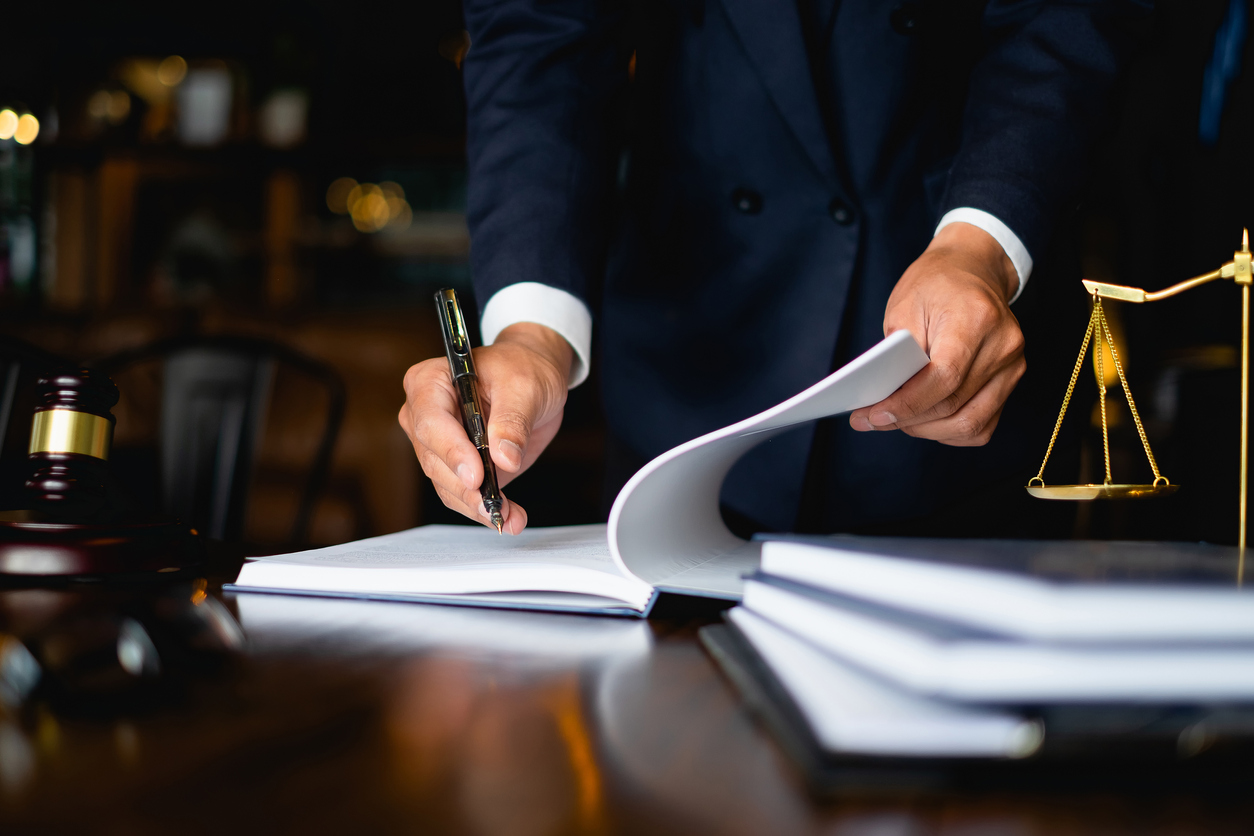When you are facing the aftermath of an injury, having the right legal support can make all the difference not just for your case, but for your peace of mind and overall recovery. Injury lawyers who truly care about your recovery and rights go beyond legal representation; they become your advocates, your support system, and your trusted guides through a challenging time. These professionals understand that a personal injury is not just a legal matter it is a life-altering experience. That is why they focus on offering compassionate, client-centered service that puts your well-being first. From the moment you contact them; caring injury lawyers listen with empathy, taking the time to understand not only the details of your case but also how the injury has affected your life. Whether it is medical bills piling up, time lost from work or the emotional toll of pain and suffering, they are dedicated to lifting the burden off your shoulders.

Their goal is not just to win a case but to ensure that you feel heard, supported, and confident throughout the process. These lawyers work tirelessly to protect your rights, holding negligent parties accountable and securing the compensation you deserve. They do not back down from insurance companies or large corporations they stand firm, backed by deep legal knowledge and a passion for justice. But what sets them apart is their commitment to transparency and open communication. You are never left in the dark about the progress of your case. Instead, you are kept informed and empowered, making decisions together as a team. Caring injury lawyers also understand that recovery does not end with a settlement. That is why many offer help connecting you with top medical professionals, rehabilitation services, and emotional support resources.
They genuinely want to see you heal not just physically, but mentally and financially too. Every step of the way, they treat you with dignity and respect, honoring the trust you have placed in them during one of the most difficult times of your life and click this over here now mirrorreview.com. With their blend of legal expertise and heartfelt care, these injury lawyers redefine what it means to be an advocate. They measure success not just in dollars recovered, but in lives improved and futures restored. Their mission is simple yet powerful – to protect your rights while promoting your recovery, ensuring that you are not just another case number, but a valued individual whose story matters. When you choose injury lawyers who truly care, you are not just hiring a legal team you are gaining a partner committed to your journey back to health, happiness, and justice.








